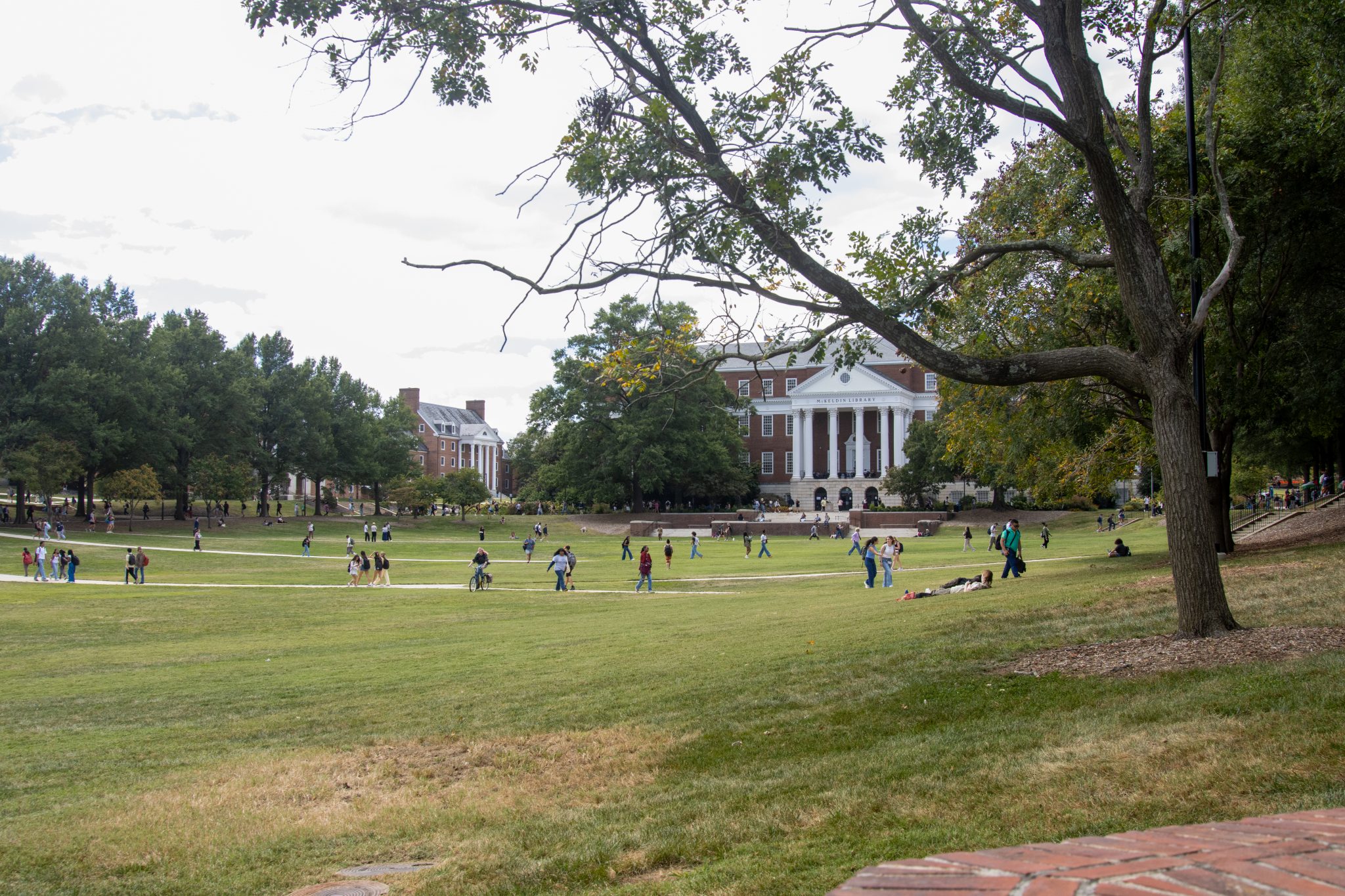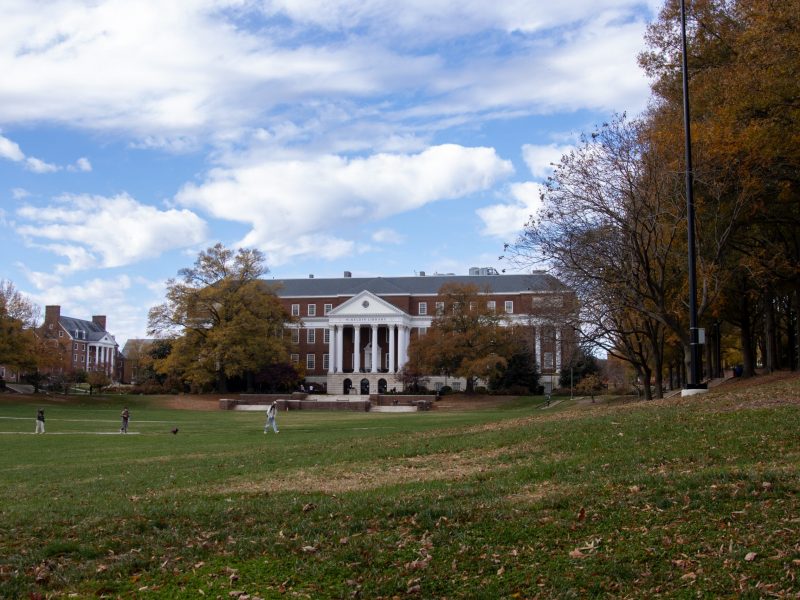A group of about 70 University of Maryland community members gathered to discuss the effects of federal research cuts on this university’s faculty during a town hall last Friday.
The town hall was organized by United Academics of Maryland-University of Maryland, this university’s chapter of the American Association of University Professors.
The meeting comes after UAM-UMD asked this university to hold a town hall sharing the size and effects of the federal administration’s financial cuts on this university’s research and discuss steps to prevent permanent job losses, according to a UAM-UMD news release.
UAM-UMD communications chair Jade Olson said during the town hall that the chapter made these requests in a letter to university president Darryll Pines and senior vice president and provost Jennifer King Rice in September.
[New UMD GSG committee seeks to protect international students]
Olson, an associate clinical professor in this university’s communication department, said the letter asked for protections for professional track faculty jobs, which includes non-tenured faculty.
The letter requested data about the number of university faculty members who have cooperative agreements with federal agencies, receive federal grant funding and have had their employment terminated as a result of the federal cuts.
It also asked this university to look into alternative ways of providing funding for faculty impacted or likely to be impacted by the cuts.
This university responded by sending a link to this university’s government relations office federal updates webpage, which Olson said didn’t have the information that was asked for. The university also denied UAM-UMD’s request for a town hall.
“We got a boilerplate response,” Olson said during the town hall.
The university told The Diamondback in a statement that this university’s vice president of research Patrick O’Shea discussed these concerns with faculty representatives on Sept. 25 on behalf of this university’s president and provost.
[UMD RHA passes bills supporting university farm’s sustainable production, machine improvements]
Marc Pound, a research scientist in this university’s astronomy department, said he receives funding from NASA for his research. Pound said he was informed that the second half of his fiscal year 2025 funding and all of his fiscal year 2026 funding can’t be promised.
Pound said he was counting on the grant to fund the majority of his salary next year. If the funding no longer exists, he doesn’t know how he can remain at this university.
Budget uncertainty isn’t new, he said, but the current situation is.
“We’ve never been in a situation like this, with a federal administration that is actively hostile towards science, towards academia and towards free thought and inquiry,” Pound said. “This is not something the university can fix.”
UAM-UMD president Karin Rosemblatt said at the town hall that she’s worried universities across the country will sacrifice research on topics like environmental and racial issues.
The history professor said it’s important for universities to continue funding research on topics unpopular with the Trump administration.
“I see the funding as an academic freedom issue,” Rosemblatt said. “I think our university needs to stand up for academic freedom.”



